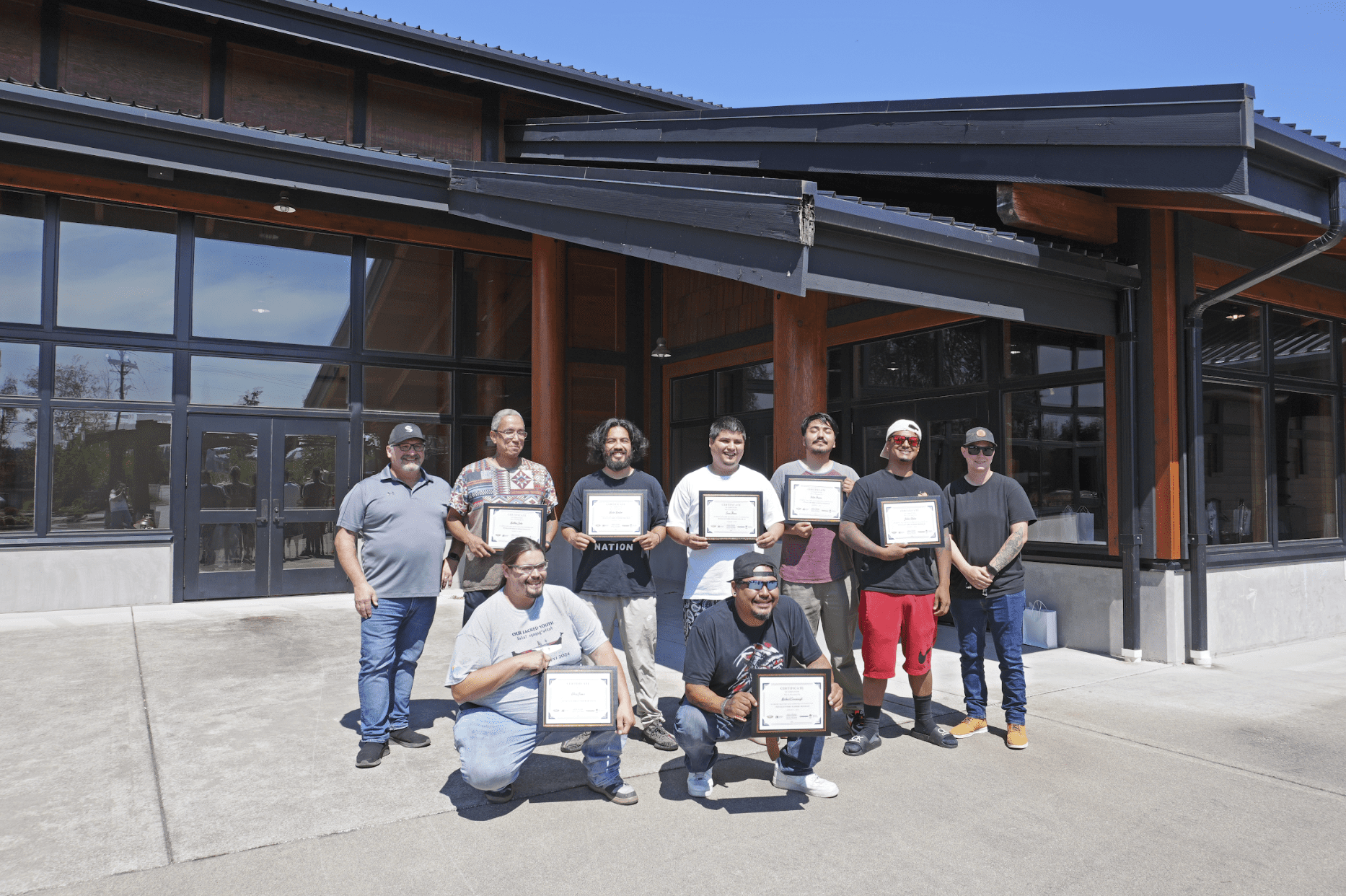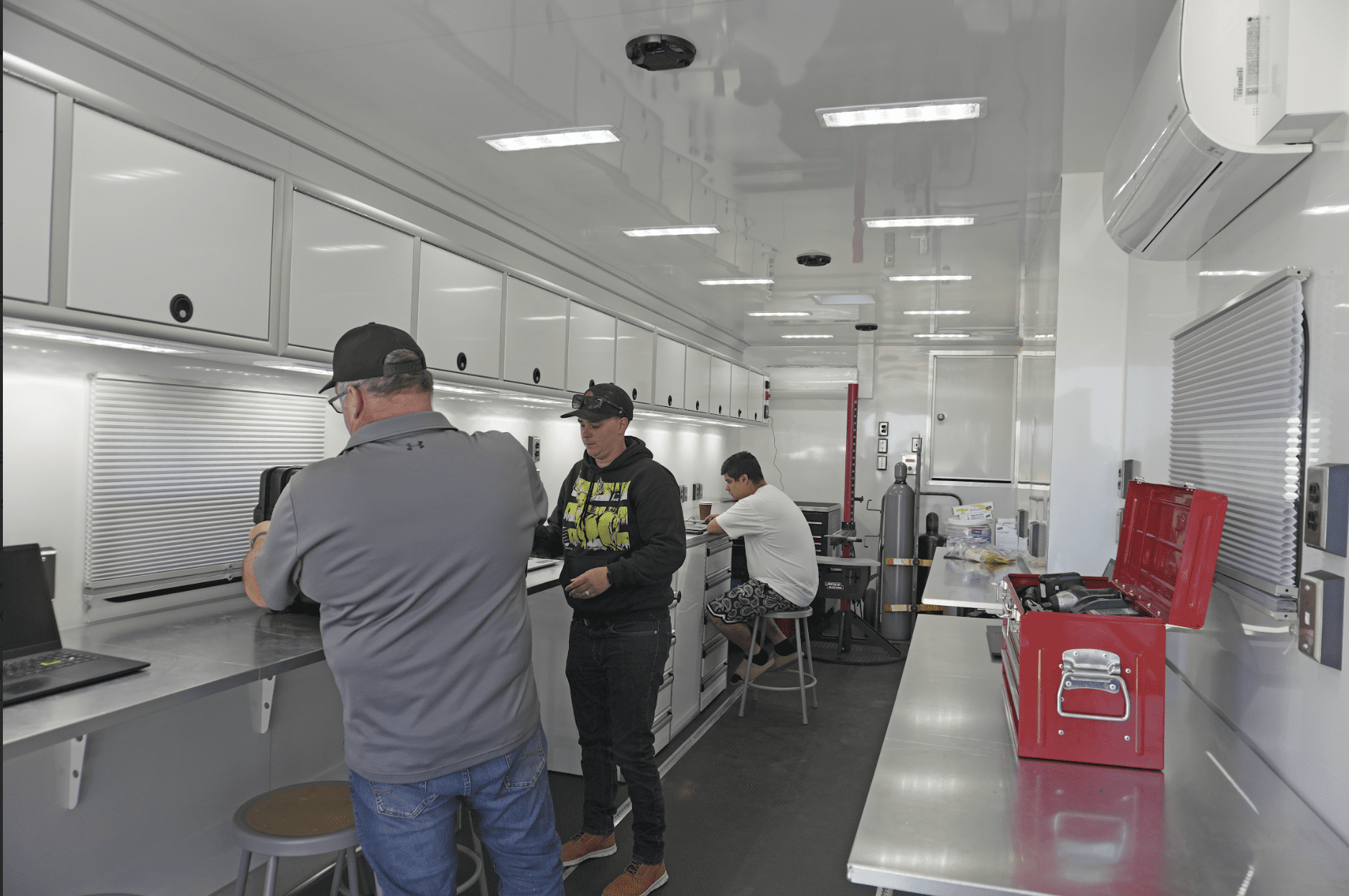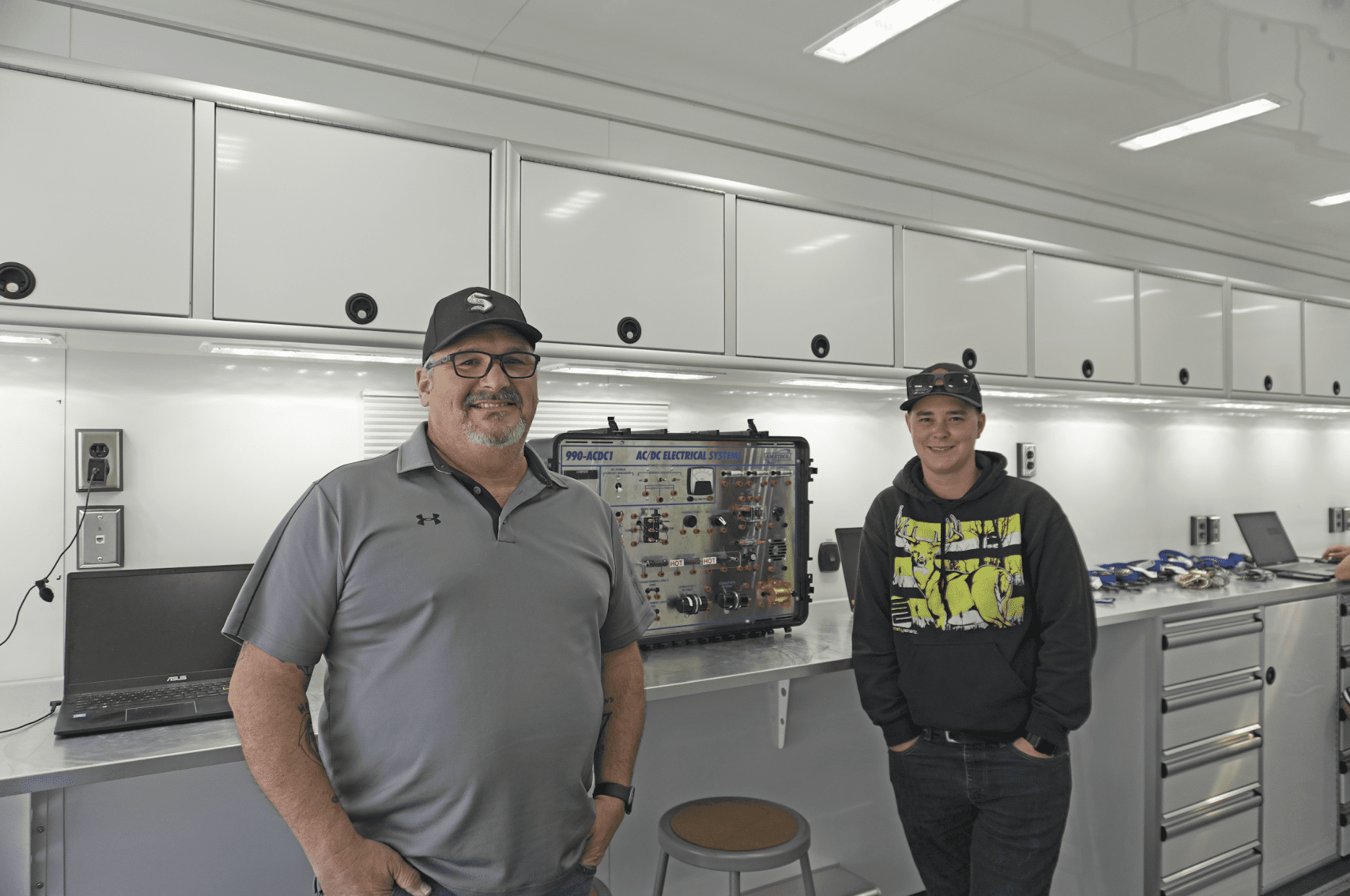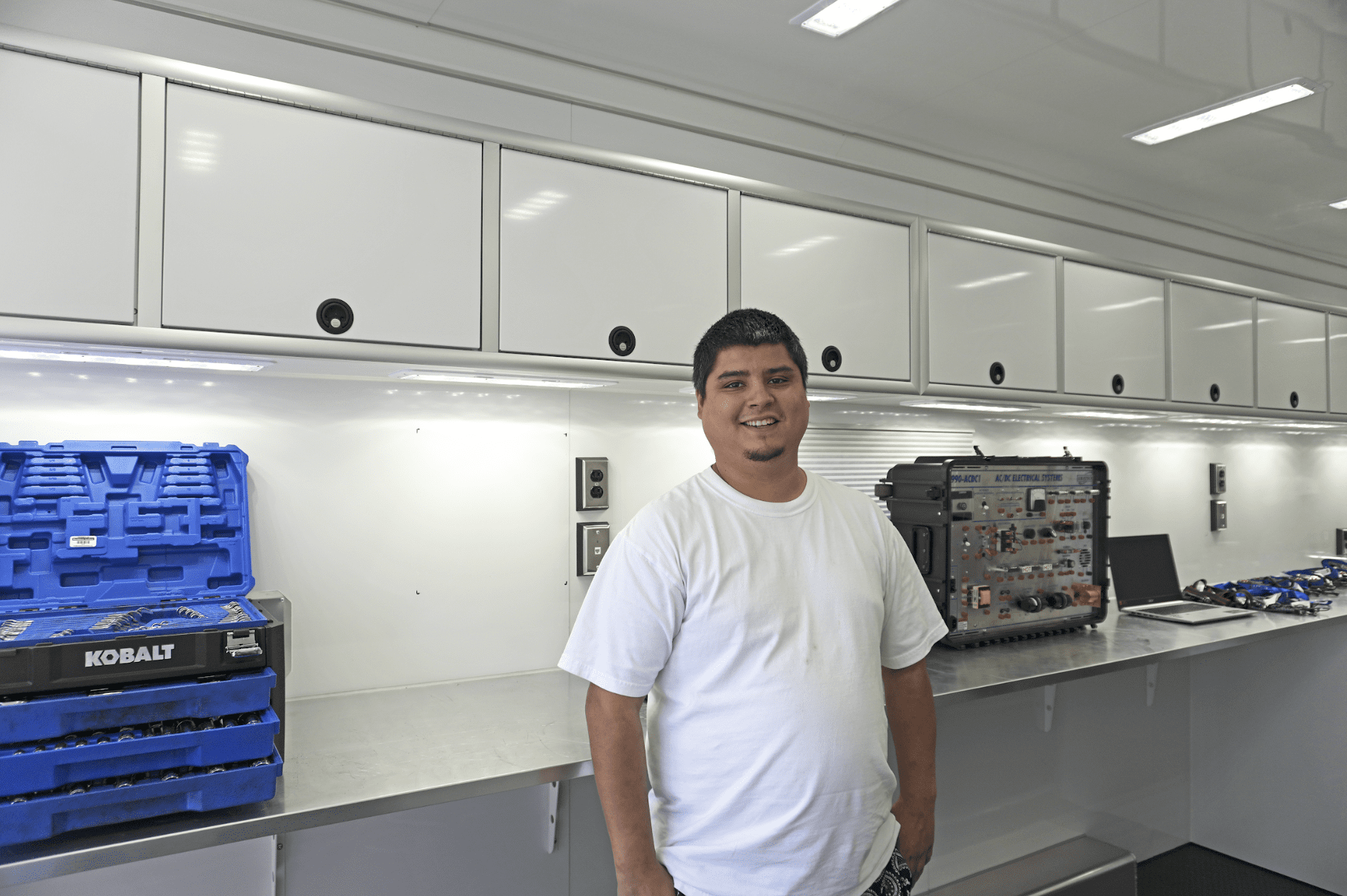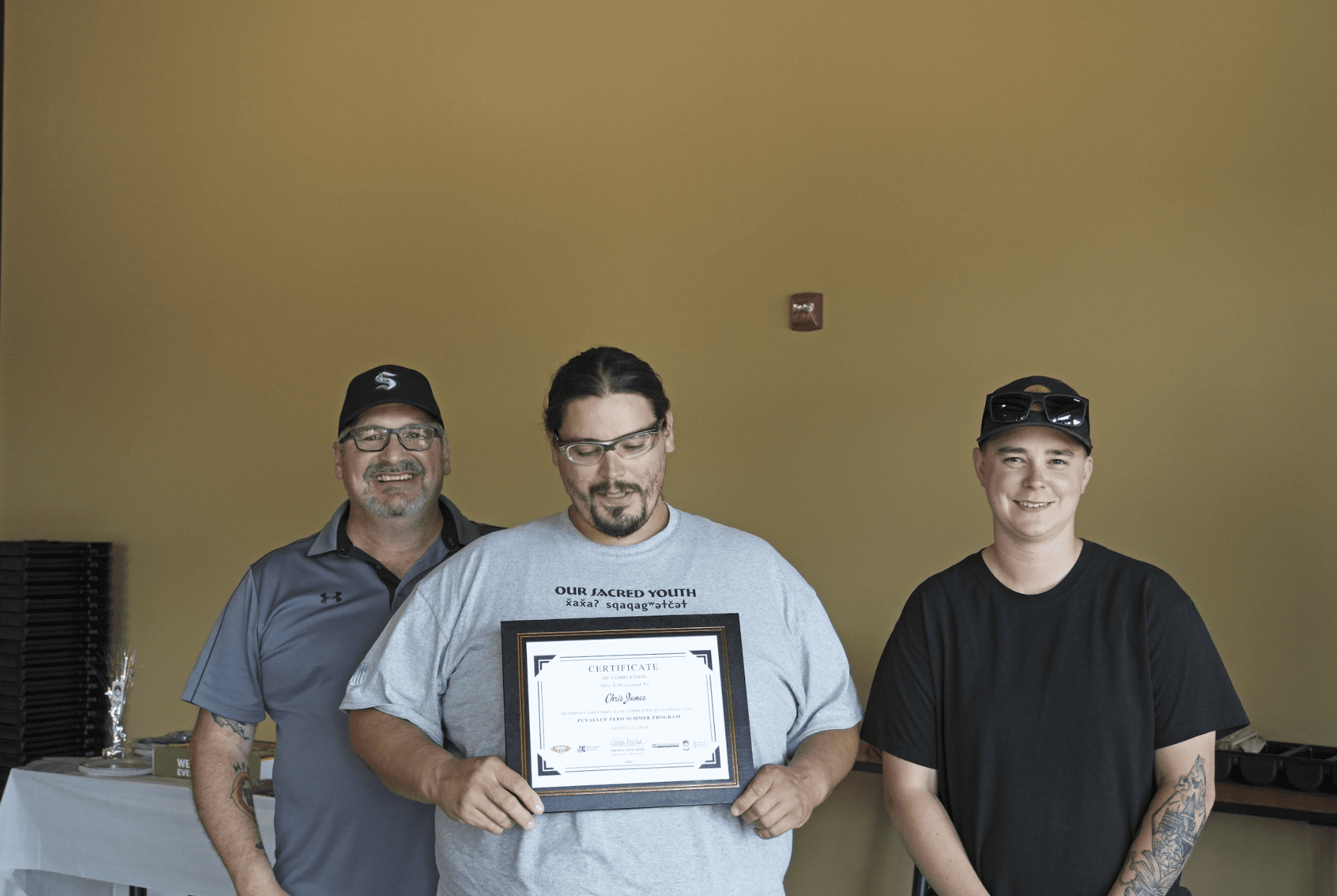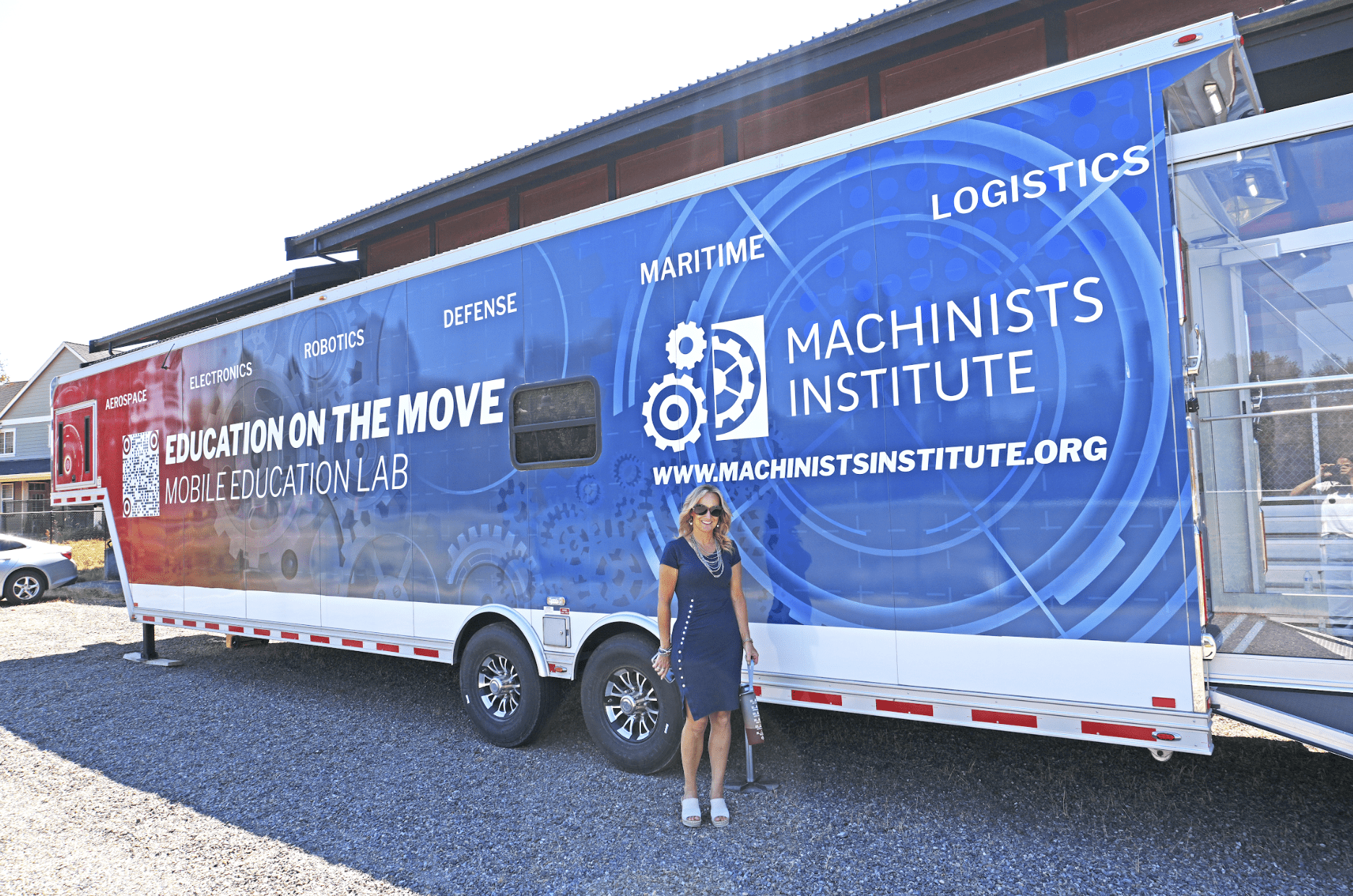Breaking Barriers: How the Washington Job Initiative is Expanding Access to Trades
The trades – skilled jobs that require manual skills and special training – have long provided a promising career path, with stability and growth opportunities. However, entering these fields historically has been challenging for women and BIPOC (Black, Indigenous, and People of Color) job seekers, who face disproportionate barriers to accessing training opportunities. Washington Jobs Initiative (WJI) addresses these barriers and paves the way for a more diverse, equitable future in the trades.
Apprenticeships are a common approach to entering professional trades such as construction and manufacturing, but high dropout rates are common during the first year of apprenticeships, especially among non-traditional participants. Many factors contribute to this – lack of support, unfamiliarity with the field, and lacking a community network. For underrepresented job seekers, these hurdles are compounded by systemic barriers and a stark lack of representation.
Consider the roadblocks many face:
- Limited access to quality education and training programs in underserved communities
- Financial constraints that make it difficult to afford tools, equipment, or transportation necessary for apprenticeships
- Lack of mentorship and networking opportunities within established trade circles
- Discrimination in hiring practices and on job sites
- Cultural and language barriers for immigrant communities
- Inadequate childcare options, which disproportionately affect single parents
WJI’s approach tackles these challenges head-on. One key initiative is the introduction of community-based boot camp programs – intensive, shorter programs designed to build confidence, gain essential skills, and foster a supportive network.
This boot camp serves as a stepping stone, preparing participants for entry into pre-apprenticeship or apprenticeship programs. Shana Peschek, Executive Director of the Machinist Institute, explains the value of these programs, “Our boot camps take that extra step for students who need more time than the pre-apprenticeship program alone provides in order to be ready for employment. Just like pre-apprenticeship, these like a boot camps support students in finding exactly what kind of career fits their personality, their likes, their interests.”
While not funded by WJI, an innovative outreach tool called the Mobile Training Lab is helping to bring awareness to WJI-funded apprenticeship opportunities. This state-of-the-art facility on wheels, operated by the Machinists Institute, serves as a powerful introduction to the world of trades and the apprenticeships available through WJI. The Mobile Training Lab was used in tandem with the boot camp, enhancing its impact and reach.
How the Mobile Training Lab supports WJI’s mission:
- Travels to underserved areas, breaking down geographical barriers
- Provides hands-on experience with cutting-edge tools and resources
- Creates a low-pressure environment for individuals to explore trade careers
- Connects potential apprentices with information about WJI-funded programs
- Builds confidence and sparks interest in pursuing trade apprenticeships
WJI is funded by the Good Jobs Challenge grant program of the Economic Development Administration of the U.S. Department of Commerce, with the Machinists Institute being one of eight sectoral partnerships supported by WJI.
The Mobile Training Lab in partnership with the Puyallup Tribal Tero Rights Office, made an impact at the Puyallup Reservation near Tacoma, WA. A cohort of 7 students immersed themselves in an intensive month-long program focus on heavy duty equipment repair and welding.

This program introduced students to careers such as diesel mechanics, welder, and more. The students were able to meet employers and several found an interest in careers they had never thought of. The impact of these programs is evident in the experiences of participants. Evan Flores, a participant in the Mobile Training Lab’s program, shares, “The teachers were great. They helped us a lot. Anything we needed, they were there.” This supportive environment is crucial in building confidence and fostering success among aspiring tradespeople.
But the Mobile Training Lab isn’t just about demonstrating skills—it’s a crucial awareness tool. It shows participants the possibilities available through WJI-funded apprenticeships, helps individuals visualize themselves in these careers, and explains the support and career pathways available through WJI programs.
Learn more about WJI here.

